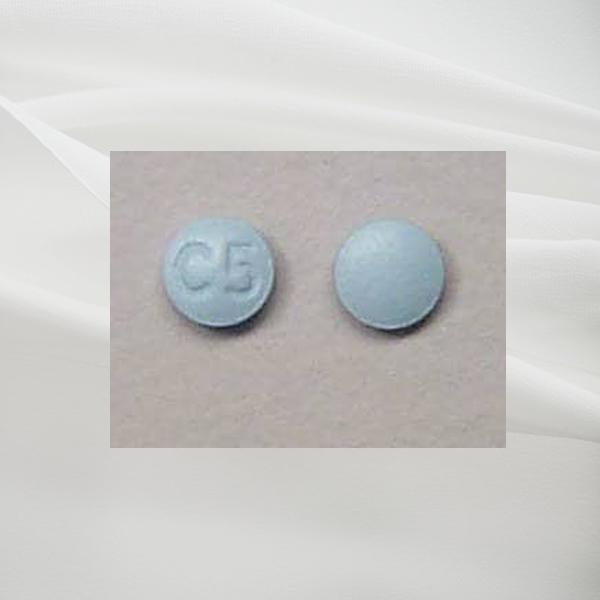Treatment and Prevention of Allergies
Do any of these things cause you discomfort – dust, mold, latex, pollen, animal dander, certain foods, certain medications, or insect stings? The discomfort could relate to the skin, lungs, ears, throat, lining of the stomach, nose, or sinuses. You might experience itchiness, continual coughing, terrible sneezing, redness of eyes, hives on the skin, etc. If you are extremely sensitive, you might even experience asthma, or the life-threatening anaphylactic shock.
Therefore, if your answer to the question on discomfort is in the affirmative, then you are suffering from an Allergy.
An allergy is a chronic condition. It is highly common across the globe, as people discover that certain things do not agree with their respective constitutions at all.
The origin of an allergic reaction is the immune system. This system is the soldier/protector, who refuses entry to body attackers. It is generally able to distinguish between the harmful and the harmless. However, an allergy interferes with this ability to differentiate. Therefore, the harmless substance becomes an allergen.
The immune system refuses it entry, and thereby, deprives your body of becoming used to it. It even releases IgE (immunoglobulin E) antibodies. In turn, these antibodies urge certain cells to release histamine, along with other chemicals. Thus, your body displays an allergic reaction even to harmless substances.
You may wish to ignore your allergy, believing that the symptoms are not so serious. However, it may lead to a long-term problem in future. Therefore, opt for over-the-counter drugs or prescribed medications.
- Anti-histamines – They prevent histamine from becoming activated and triggering allergic swelling. These medications are also perfect for reducing hives, itching, sneezing, or a runny nose. Use them for tackling indoor and seasonal allergies. They are available as liquids, nose sprays, pills, and melting tablets.
- Decongestants – They shrink the swollen membranes in the nostrils, thereby lessening stuffiness. However, do not go beyond three subsequent days with these medications. They could worsen the symptoms via a rebound reaction.
- Nasal Corticosteroids – These nose sprays lessen swelling. In turn, the itchiness, stuffiness, and release of mucus, stop.
- Oral Corticosteroids – They are great for reducing swelling, and even halting the arrival of severe reactions. Regardless, they tend to invite severe side effects. Therefore, consume them, only under the close supervision by your doctor.
- Corticosteroid ointments/creams – They are excellent for getting rid of itchiness. They also prevent the rash from spreading. Again, let the medical practitioner monitor your reactions closely.
- Mast Cell Stabilizers – If your eyes are watery and itchy, or your nose is runny and itchy, then these medications are good for you. They prevent the release of histamine in your body. You may avail them as nose sprays or eye drops.
The most popular drugs that come into play for treating allergies, include Tavist, Patanase, Clobex, Nasacort, Protopic, Hydrocortisone, and Relpax.
Consult a medical practitioner before consuming any drugs. You could be having other ailments, such as high blood pressure, diabetes, etc. You could be taking herbal supplements. You could be pregnant, or a nursing mother. Whatever is the case, let the doctor examine and decide.
- Similarly, when you are aware of what triggers your allergic reactions, strive to avoid them as much as possible.
- You could keep a diary of symptoms. When, and where, do they show up? What actions seem to help in reducing the symptoms?
- If possible, you may don a medical bracelet. Thus, whenever an allergic reaction occurs suddenly, it alerts other people and encourages them to help you.
- You may confront side effects, while trying anti-allergy medications. They include confusion, dry mouth, sleepiness, anxiety, or nausea.











